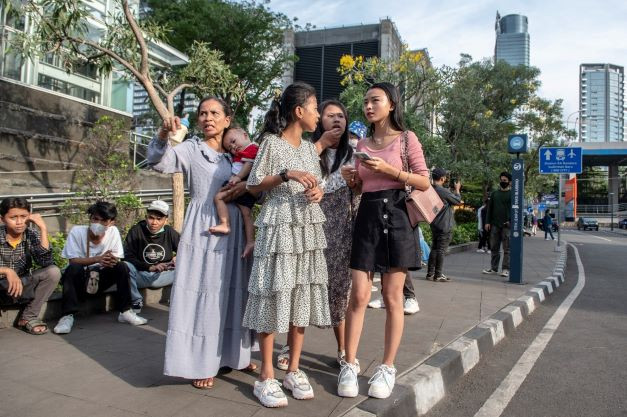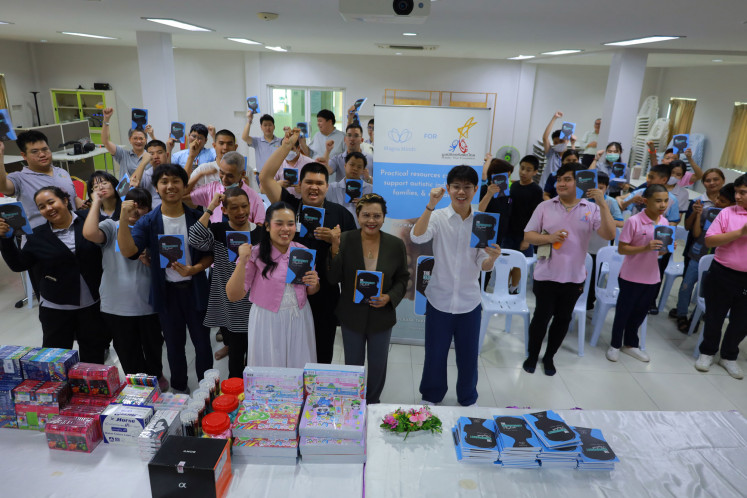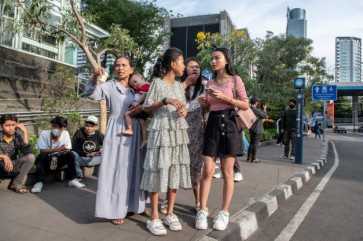Popular Reads
Top Results
Can't find what you're looking for?
View all search resultsPopular Reads
Top Results
Can't find what you're looking for?
View all search resultsSkills mismatch, tech disconnect: Why 10 million Gen-Z Indonesians sit around
A lack of opportunities for Generation Z Indonesians, or those born in the late 90s and first decade of this century, may result in income loss and higher crime rates, experts warn.
Change text size
Gift Premium Articles
to Anyone
A
lmost 10 million Indonesians of the Generation Z age group, or those born in the late 1990s and first decade of this century, are unemployed and not enrolled in education or training (NEET), according to Statistics Indonesia (BPS).
Around 5.72 million women and 4.16 million men find themselves in such a state of limbo, which experts say could push some of them into crime to make ends meet.
University of Indonesia demographer Dewa Wisana has identified some of the challenges Indonesians of the Gen-Z cohort, or “Zoomers”, encounter that contribute to their plight and cause many to remain inactive.
The first of these, he noted, was the structural transition from a manufacturing-based economy to one dominated by the service sector.
Second, many Indonesian Gen-Zers were struggling to transition from academia to the workforce owing to unpredictable events, including the COVID-19 pandemic.
Third, there was a growing demand for qualifications that Gen-Zers often failed to bring to the job market.
“Many business sectors, particularly service-oriented ones, rely heavily on technological expertise. Unfortunately, a significant number of individuals struggle to acquire proficiency in these particular skills and technologies,” Dewa said.


















